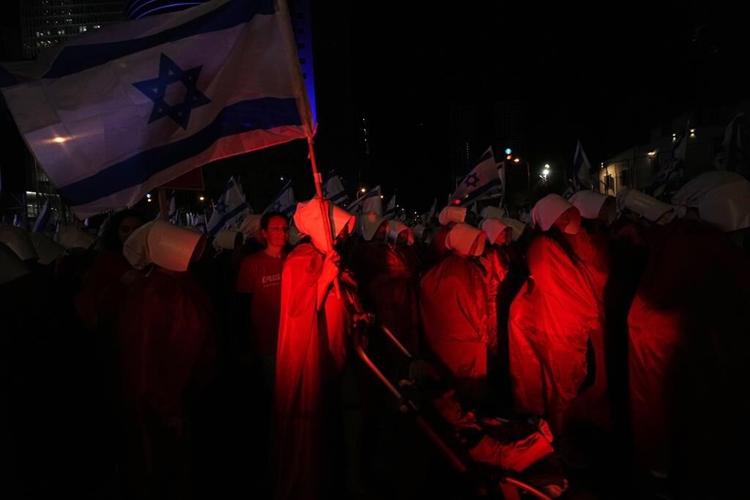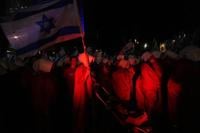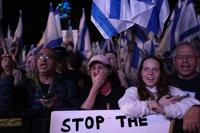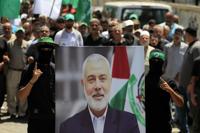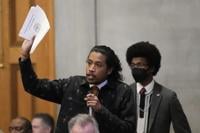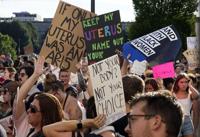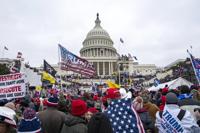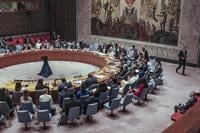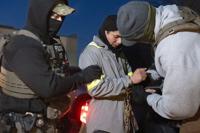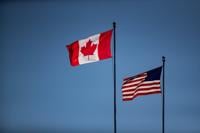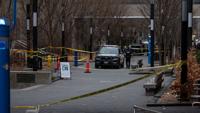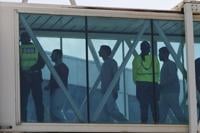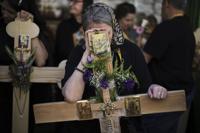TEL AVIV, Israel (AP) — Tens of thousands of Israelis demonstrated Saturday against a contentious plan to overhaul the judiciary as the government pressed ahead with the plan.
The nationwide demonstrations have been a regular weekly event for more than two months.
Despite the demonstrations, Netanyahu and his allies have pledged to press ahead with a series of bills that would strip the Supreme Court of its ability to review legislation and give coalition politicians control over judicial appointments.
Critics say the changes will destroy the country’s system of checks and balances and concentrate power in the hands of the prime minister and his allies.
“We are protesting because if not, it’s like compliance and we will never agree to have democracy abolished in this country," said Einat Gival-Levi, a protester. “It’s really important that we raise awareness all around the world.”
Hundreds of Israeli women’s rights activists dressed as characters in the television series, “The Handmaid’s Tale,” marched to the center of Tel Aviv city to join the main protest.
The uproar over the legal changes plans by Benjamin Netanyahu’s government has plunged Israel into one of its worst domestic crises. Beyond the protests, which have drawn tens of thousands of Israelis to the streets and , opposition has surged from across society, with business leaders and legal officials speaking out against what they say will be the ruinous effects of the plan.
On Thursday, Netanyahu to the country’s main international airport for an overseas trip after throngs of cars and protesters prevented him from driving there.
The rift has not spared Israel’s military, which is seeing .
Critics also say Netanyahu, who is on trial for corruption, is and that he could find an escape route from the charges through the overhaul. Netanyahu denies wrongdoing and says the legal changes have nothing to do with his trial.
The protests have been largely dominated by the country’s secular middle class. Israel’s Palestinian minority, which makes up some 20% of the population, have been largely absent, in part because they suffer from discrimination in Israel and and because of Israel’s treatment of their Palestinian brethren in the West Bank and Gaza.

